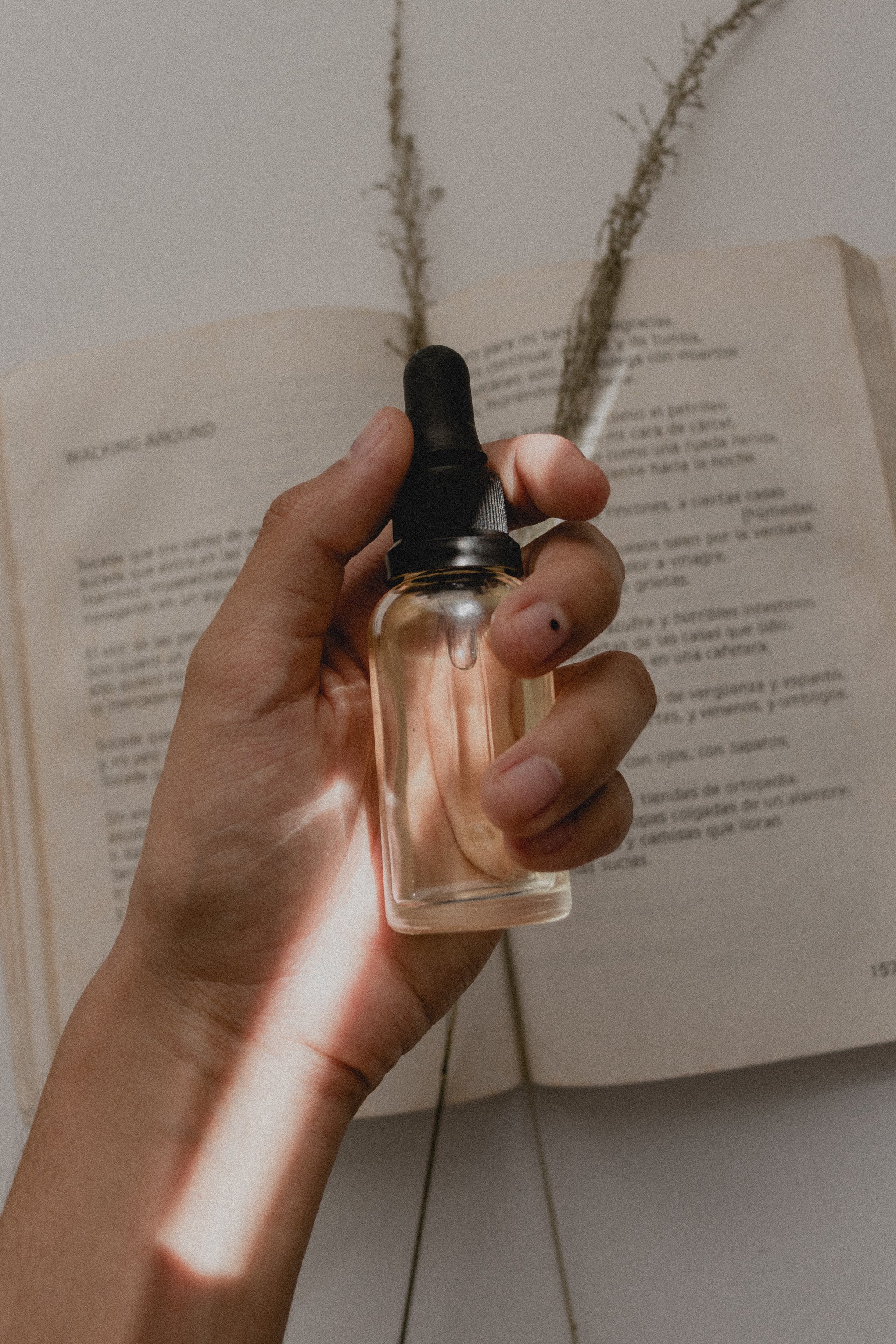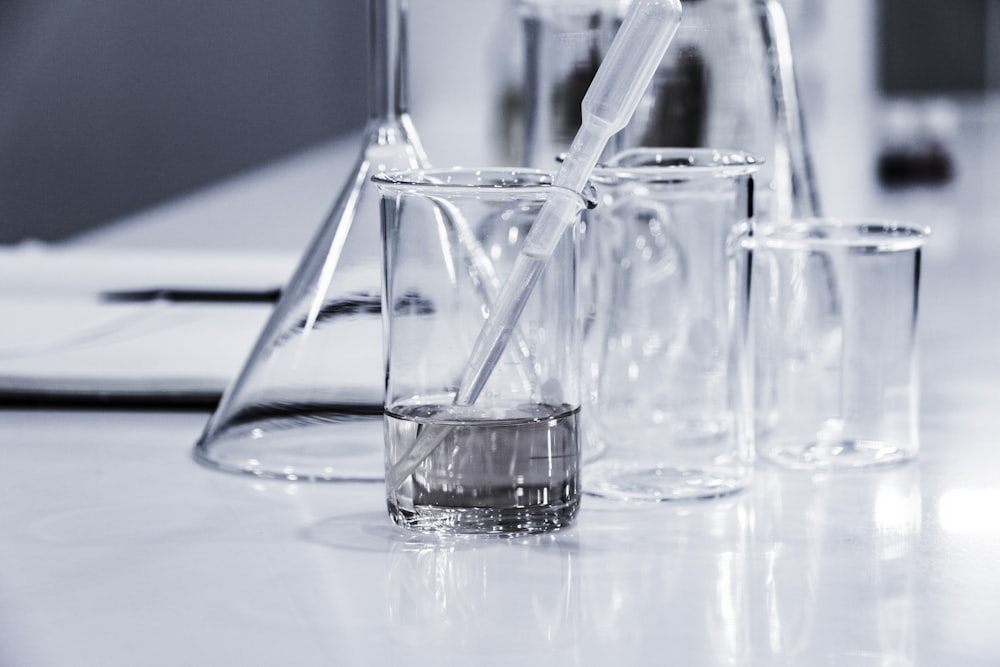
Alcohol in skincare - is it a red flag?
January 01, 2020
Happy 2020! Whilst you were out the last few days having alcohol, let us discuss alcohol of another nature ❤️
You have probably been told to look out for this ingredient in your skincare, and to avoid at all costs especially if you have dry, sensitive skin. But what if we told you that some forms of alcohol are actually beneficial to improving hydration levels and even help to reduce skin ageing? We are here to highlight the different types of alcohol commonly present in skincare formulations, and how to identify them.
THE DIFFERENT TYPES OF ALCOHOL
1) Simple alcohols: These are the most commonly used alcohols in skincare products. Usually mixed with petroleum-based additives, simple or denatured alcohols are added to products to act as antibacterial agents and also as solvents for other ingredients in skincare formulas. When used in large quantities, they can be skin irritants and dry out the skin. Unfortunately they are often used in toners and acne treatment gels to provide that “tight, cooling sensation” that oily skin types will find reassuring, when in reality is stripping their skin of its protective oil layers. When used over the long term, it can dissolve (RIP youthful skin cells!) the healthy lipids of your skin, exposing it to allergens, bacteria and overall ageing.
What do they look like on skincare labels: Alcohol denat, ethanol, isopropyl alcohol, ethyl alcohol, SD alcohol.
Commonly found in: Aerosol hair sprays and dry shampoos, toners, acne treatments, face creams.
2) Fatty alcohols: Derived from plant sources like coconut or canola, or from chemicals and animal by-products, fatty alcohols are rich in healthy fats that can feed the skin with lots of moisture. They are used to thicken a formula or even increase moisture content on skin. According to the FDA, even cosmetic products labelled “alcohol-free” are allowed to contain fatty alcohols - but this is also due to its difference in properties and molecular structures.
What do they look like on skincare labels: Cetyl Alcohol, Cetearyl Alcohol, Brassica Alcohol, Alcohol C16-18, Lanolin, Stearyl Alcohol
Commonly found in: Body lotions, shampoos (our solid shampoos!), conditioners (our solid conditioners!), cream cleansers.
3) Aromatic alcohols: These alcohols are generally found in fragrances or in skincare with artificial perfumes. They can cause skin sensitivities, and some studies consider them to be moderately to highly toxic to the liver and central nervous system.
What do they look like on skincare labels: Benzyl Alcohol, Phenethyl
Commonly found in: Lipsticks, Perfumes, Personal cleaning products, Hair dye, most products with artificial fragrances.

Image credit: Pinterest
In short, fatty alcohols - yes, while the denatured and fragrance alcohols - avoid if possible. It is challenging because the “bad” alcohols are so widespread but it is important to start recognising what is beneficial for you, or not. Year 2020 is a great time to start reading that tiny skincare label!





